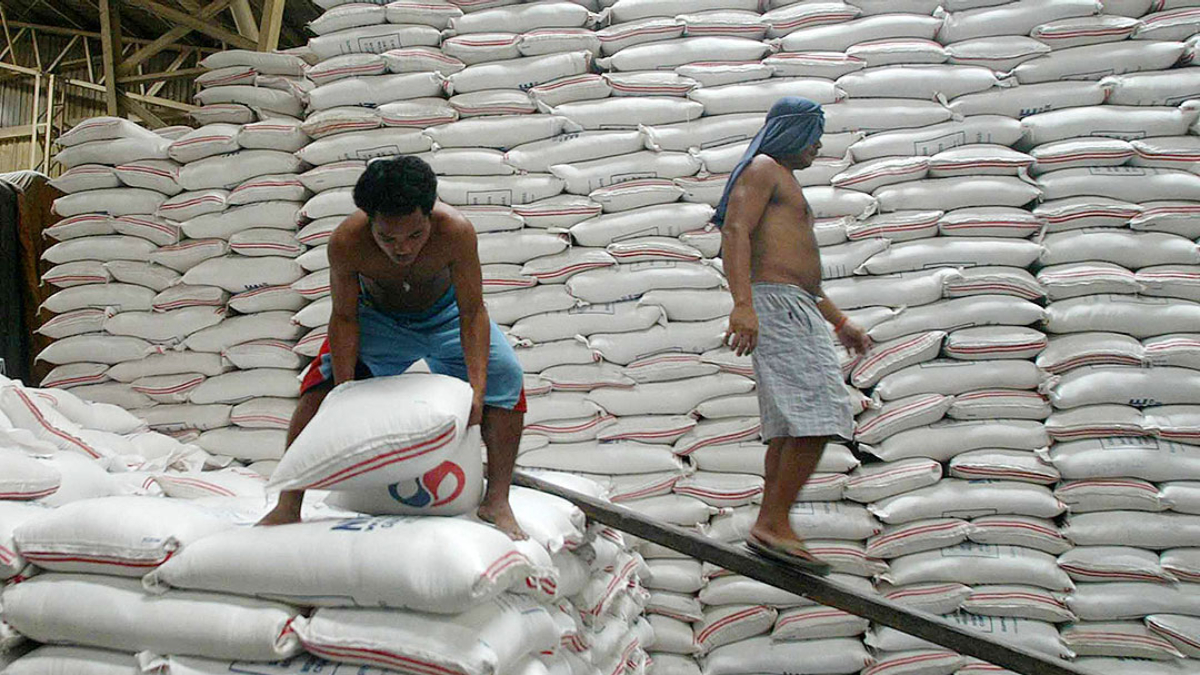The Department of Agriculture (DA) has raised concerns about the potential spoilage of six million bags of rice stored by the National Food Authority (NFA), as strict limitations under the Rice Tariffication Law (RTL) prevent the agency from selling its stocks directly to the market. Agriculture Secretary Francisco Tiu Laurel Jr. has urged Congress to pass a law restoring the NFA’s regulatory powers to address the issue.
NFA’s current mandate under the RTL restricts it to selling rice to government agencies like the Department of Social Welfare and Development (DSWD) and local government units. While some stocks are released through a P29-per-kilo program, this volume remains insufficient, according to Agriculture Assistant Secretary Arnel de Mesa.
“The NFA could sell rice in the market at P30 per kilo, but it cannot do so under the law. Without intervention, the stocks may rot, and the NFA will struggle to procure from farmers for the next harvest,” De Mesa said in a One News report.
Speaker Martin Romualdez has proposed forming a mega task force to investigate alleged collusion and price manipulation in the rice market, citing evidence uncovered by lawmakers. The task force would include various government agencies, such as the Department of Trade and Industry, Bureau of Customs, and the Department of Justice, and would be empowered to inspect warehouses and enforce penalties.
Despite reports of rice oversupply and reduced import tariffs, retail prices remain high, ranging from P45 to P60 per kilo. Lawmakers pointed to hoarding and price manipulation by traders as key factors behind the distortion. Ways and Means Chairperson Rep. Joey Salceda noted that prices should stabilize at P35 per kilo, given the drop in the landed cost of imported rice to P33.95 per kilo.
The NFA, meanwhile, emphasized that the absence of proper rice labeling and market regulation, previously handled by the agency, has further exacerbated the problem. Efforts to amend the Anti-Agricultural Smuggling Act and strengthen regulatory measures are underway in Congress.






